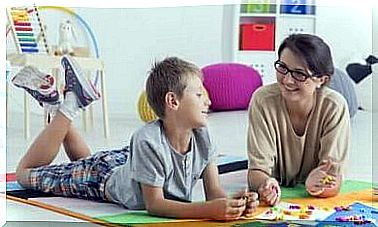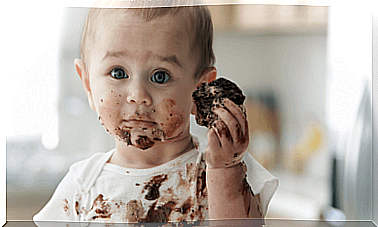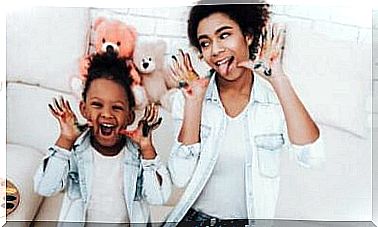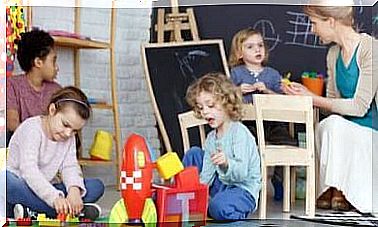Child Impulsive Behavior

It is common for a child to speak or act without thinking about the consequences of their actions. Impulse behavior in a young child is to some extent normal and expected, but persistent and excessive impulsivity becomes a problem. Adults often think an impulsive child is pampered, indifferent, or rude, but in reality, the reasons are usually quite different.
Child’s impulsive behavior
Intermittent impulsive behavior is part of childhood, but constant impulsivity and difficulty controlling oneself are not. Impulsivity manifests itself differently in different children and may change as the child grows. Some common signs of an impulsive child are:
- Exporting goods from other people
- The inability to wait its turn in games and conversations
- Doing inappropriate things for attention
- Problems with consistent compliance with the rules
- Aggression, such as kicking, biting and hitting, towards other children
- The desire to always be first in everything
- Misunderstanding that your own actions and words affect other people
- Overreacting to mistakes and criticism and overflowing frustration
- The inability to understand that one’s own actions have consequences
Impulsive behavior can make a child look younger than reality, i.e., a 10-year-old may behave like a 6-year-old. This is because the child’s self-control has not yet developed properly.
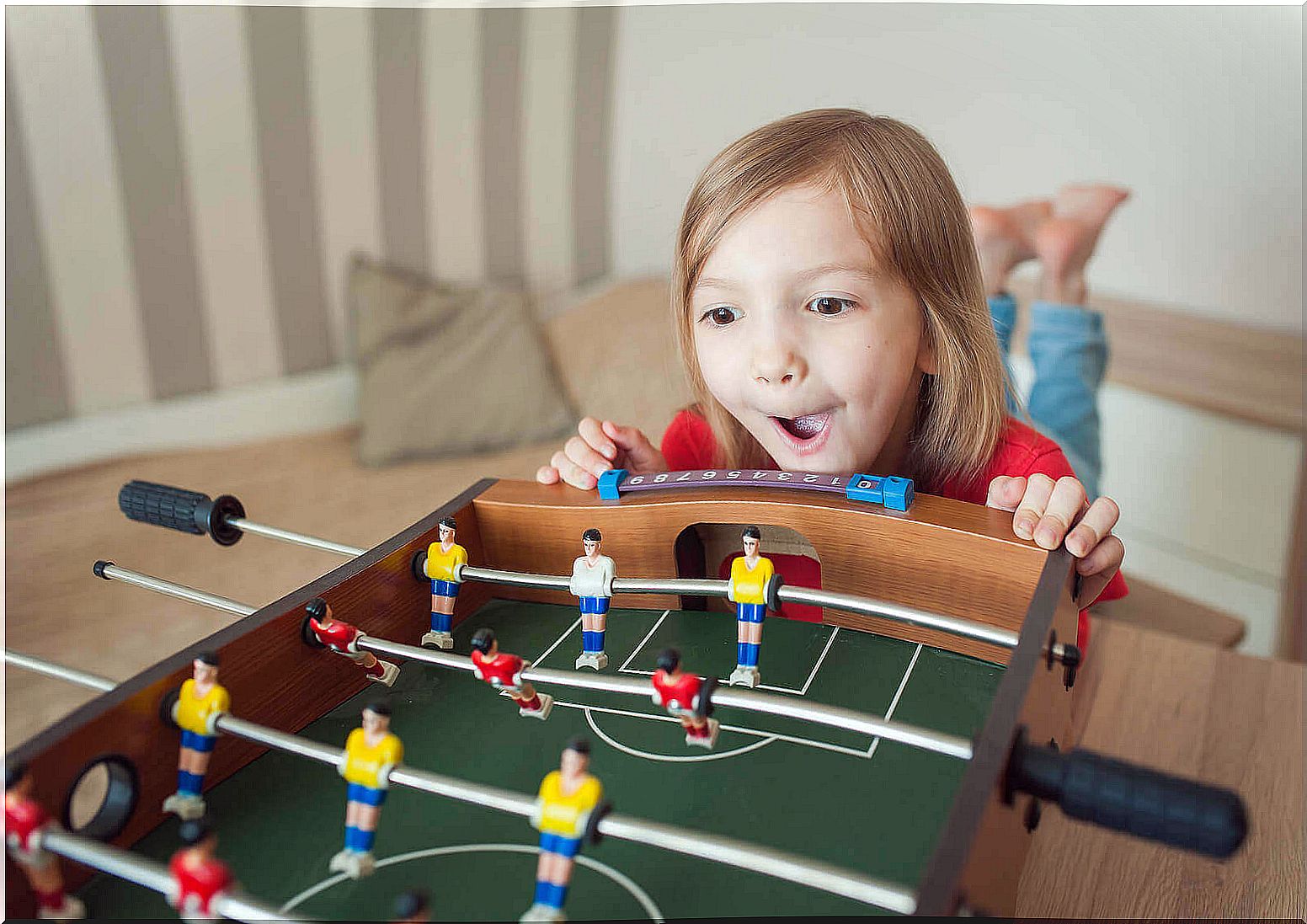
What can cause a child’s impulsive behavior?
There are many reasons why a child is impulsive. Let’s look at some of the factors that may be behind a child’s impulsivity next.
Immature
A child may behave impulsively because he or she develops later than other children of his or her age. This delays the development of the child’s ability to stop thinking before acting.
Stress, frustration and lack of sleep
If a child has problems at school or in the family, impulsivity can be a way for a child to release tension. It is important to remember that a child cannot express his or her feelings like an adult, instead the child relieves the tension they feel through impulsive behavior.
ADHD
A child with ADHD, a disorder of activity and attention, may have difficulty controlling certain strong emotions, such as anger. Because of the difficulty in regulating emotions, it can be difficult for a child to control their own behavior as well.
Mood disorders
Some mood disorders can also underlie impulsive behavior. No matter what impulsive behavior a child causes, it is important for parents to be supportive of the child and help the child gain more self-confidence. This will make the child feel more mature as well as improve their self-confidence.
How to help an impulsive child?
In order to help our child, it is first important to look at how the child is behaving at home. It may give an indication of why the child is having difficulty controlling himself.
Identifying the causes of impulsive behavior is key to utilizing the right tools to help your child. If the problem is, for example, the frustration of the child, we can write a diary of frustration from which the patterns formed can be observed over time. This will help you discuss the matter at school as well as with the experts so that together you can find the right solutions to the problem.
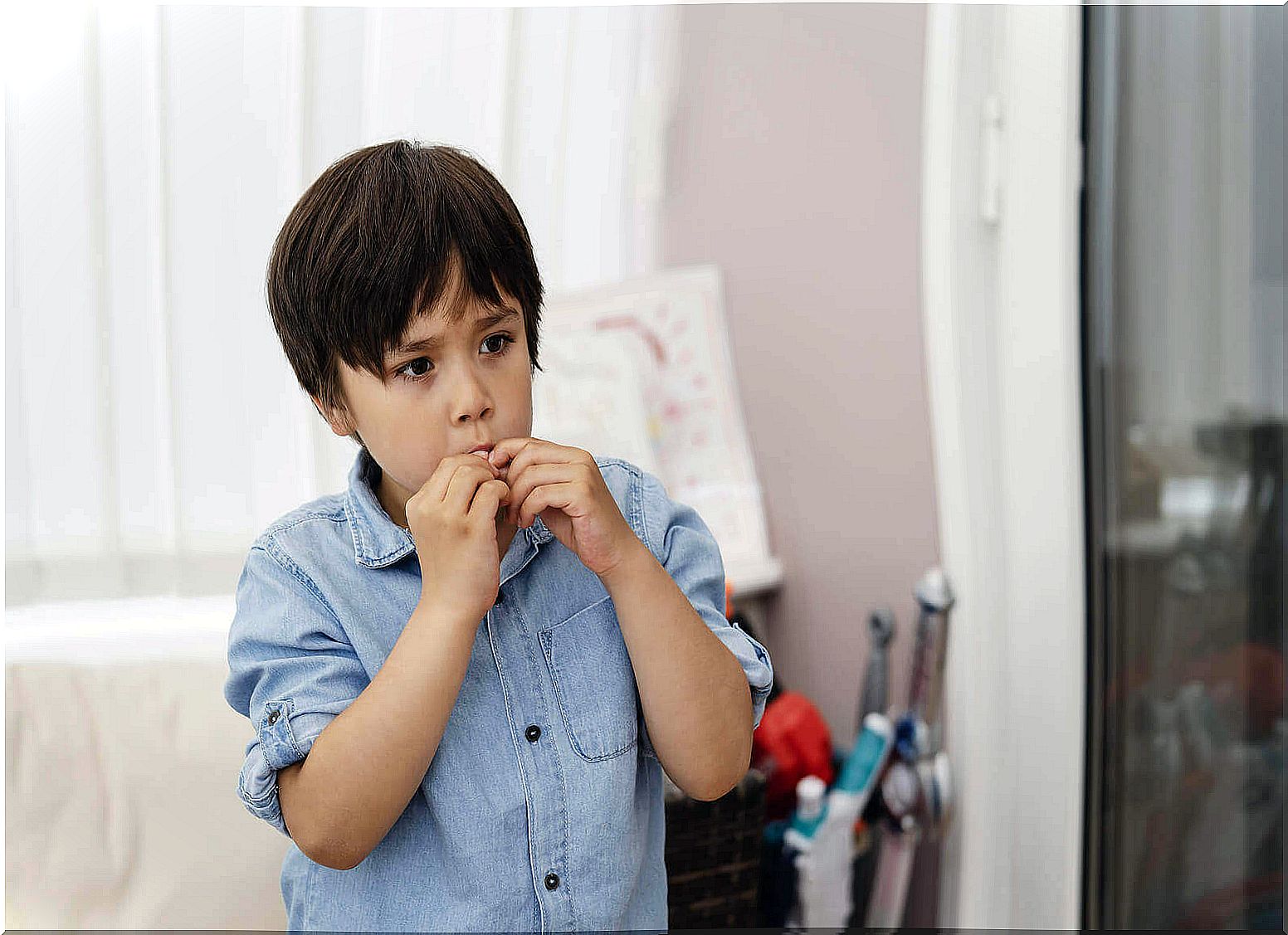
If you suspect or know a child’s impulsive behavior is due to ADHD, you may want to contact the school and ask about the child’s assessment. This will help you guide your child to the right place to get help with impulsive behavior. However, there are some strategies you can take advantage of regardless of the factors that cause your child’s impulsive behavior.
- Techniques that help improve a child’s self-control.
- When the child is frustrated, reacts to the child with empathy.
- Impulse control exercises.
In many cases, a child may realize that his or her behavior may be problematic, and this affects the child. For this reason, it is important to remind the child that he or she is not the only one to manifest such behavior, and that over time, the child will learn better self-control. Remember to celebrate your child’s accomplishments as you better manage yourself.
As you can see, a child’s impulsive behavior can be due to many different factors, and the causes we mentioned above are only a small part of them. Every child is unique and special. By exercising a child’s self-control, the child’s impulsive behavior will gradually diminish over time.
Parents are their child’s mentors and role models. That’s why it’s important for you to show your child empathy as well as celebrate every time your child succeeds. This will strengthen your child’s self-confidence.
